Five years after al-Qaeda leader Osama Bin Laden was killed by US Special Forces, the terrorist group seems to be temporarily shifting its tactics away from primarily focusing on large scale attacks.
Instead, the group is now encouraging militants to carry out lone wolf attacks against American business leaders as part of an orchestrated effort to inflict harm on the US economy.
This apparent change in tactics was recently announced in al-Qaeda’s English-language magazine “Inspire” where it argues that “assassination is an effective tool in warfare.”
While the statement clearly underscores that al-Qaeda remains committed to waging war on America, by calling for lone wolf attacks the group may have temporarily lost its ability to carry out large scale operations as those executed in London and Madrid following its signature 9/11 attacks on New York and Washington.
Not so popular?
Al-Qaeda’s call for lone wolf attacks may also be tied to its quest for relevance as extremist groups across the North Africa and Middle East, including in Afghanistan, are increasingly pledging allegiance to ISIS and not to al-Qaeda.
Between US drone strikes targeting al-Qaeda strongholds along the Afghanistan-Pakistan border and its affiliate in Yemen, al-Qaeda in the Arabian Peninsula, and the emergence of ISIS in Syria and Iraq over the past five years, Bin Laden now seems to be a distant figure from a different lifetime.
Within this context, it is hardly surprising that al-Qaeda seeks to make a comeback by calling on extremists to emulate ISIS’ ability to strike fear among Europeans, alluding that the next terrorist attack is imminent.
Unlike ISIS militants, whose primary focus is to establish a “caliphate” at the heart of the Arab world, al-Qaeda has since its inception sought to avenge Muslim grievances against what it sees as American imperialism.
For al-Qaeda, fighting the West is an ideological battle meant to restore Islamic grandeur to a region long-plagued by perceived injustices. Liberating Palestine is also a key rhetorical priority for al-Qaeda, whereas ISIS is seemingly not focusing on this issue.
Moreover, the recent ISIS attacks on Europe (in Paris and Brussels) may be indicative of the increasingly extreme military pressure al-Qaeda faces from the US-led coalition.
Al-Qaeda is now forced it to change its focus away from expanding its territorial reach within Syria and Iraq to instead focus on high-profile Western targets by increasingly relying on lone wolf attacks.
Bin Laden’s son
This comes as the current al-Qaeda leader Ayman al-Zawahiri called for unity among Syria’s warring extremist groups. Echoing similar remarks, Bin Laden’s son Hamza recently surfaced in a separate audio message in which he called on all militant groups of Syria to unite and use the country’s conflict as a springboard to “liberate Palestine.”
It remains far from certain whether al-Qaeda and ISIS will be able to overcome ideological differences and forge a unified leadership. It is also unclear whether al-Qaeda is willing to accept ISIS’ self-proclaimed caliph, Abu Bakr al-Baghdadi, as the leader – and heir apparent to Osama Bin Laden – as the next leader of global militancy.
What seems clear, however, is that Hamza appears too inexperienced to challenge either Baghdadi or Zawahiri for a top position within a potentially unified extremist organization.
An al-Qaeda-ISIS alliance?
Warning against the potential threat of an al-Qaeda-ISIS alliance, Saudi Foreign Minister Adel Al-Jubeir recently said on Twitter: “ISIS and al-Qaeda are terrorist organizations that should not be given the chance to exist neither in Yemen, nor in any other part of the world,” signaling the kingdom’s greater focus on al-Qaeda in Yemen in particular.
Should the two groups indeed unify, a plausible scenario is that it could attempt to redirect its war towards Israel – something al-Qaeda appears to be more interested in – but it is unclear how successful this would manifest.
The bulk of ISIS fighters appear to operate in eastern Syria and cannot easily deploy in large numbers towards the Golan Heights without the risk of being targeted either directly by the US-led coalition or by Israel before reaching its destination.
A far more likely scenario is that smaller types of insurgent attacks could be carried out along the border with the Israeli-occupied Golan Heights in order to open up a new front as part of an effort to deflect attention away from its failing state building enterprise in Syria and Iraq. This could also potentially boost recruitment of foreign fighters looking for the next frontier.
These factors, along with al-Qaeda and ISIS’ emphasis on lone wolf attacks, suggest that extremist groups may move away from regional rivalry to bringing the fight to Western cities, including to the disputed Israeli-Syrian border.
Given these threats, Western diplomats are pushing to revitalize the embattled Middle East peace process as part of an effort to prevent extremists from driving a wedge between the West and its Arab allies, which is ultimately what both al-Qaeda and ISIS seek to accomplish.
This article was originally published by Al Arabiya.
The views represented herein are the author's or speaker's own and do not necessarily reflect the views of AGSI, its staff, or its board of directors.


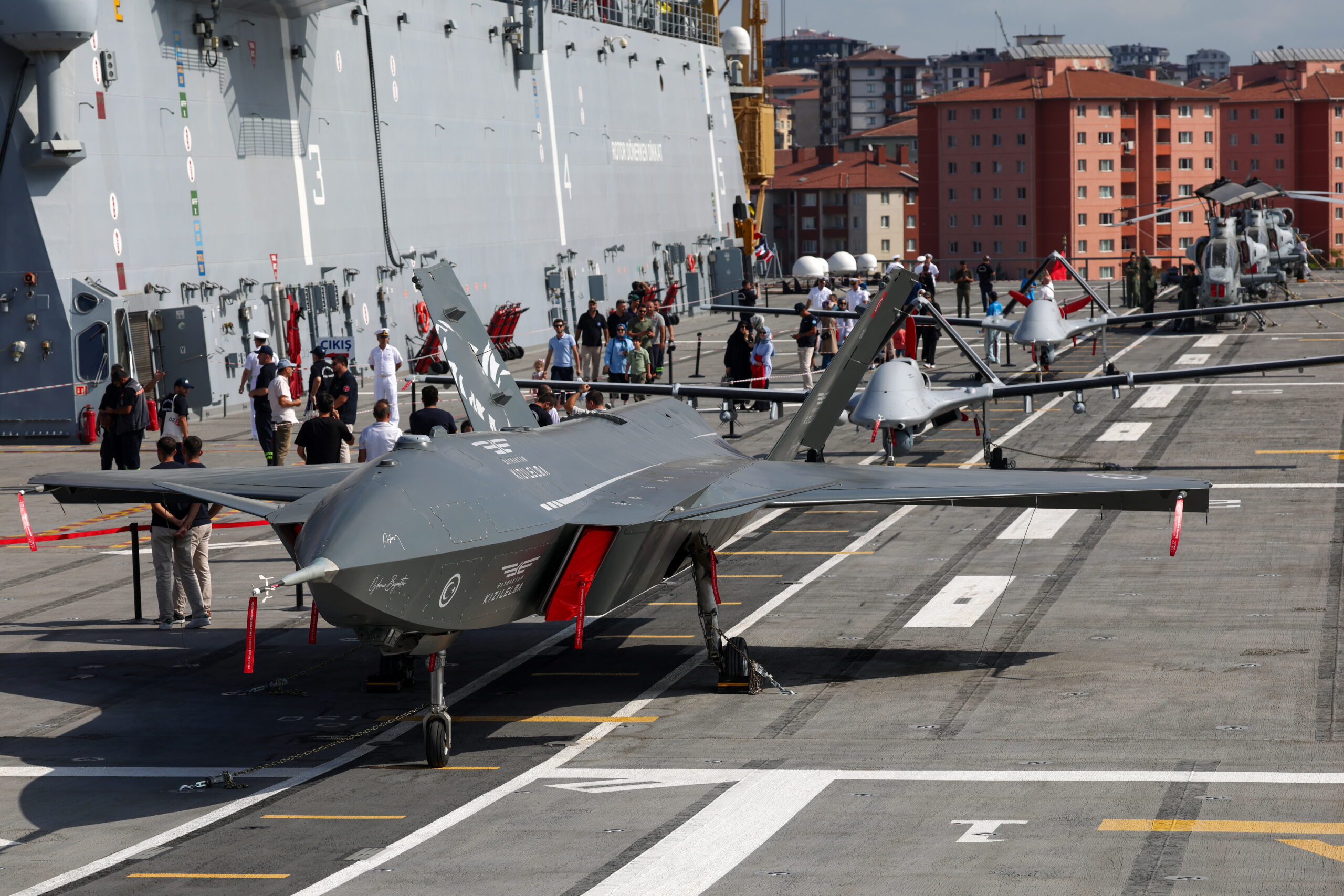

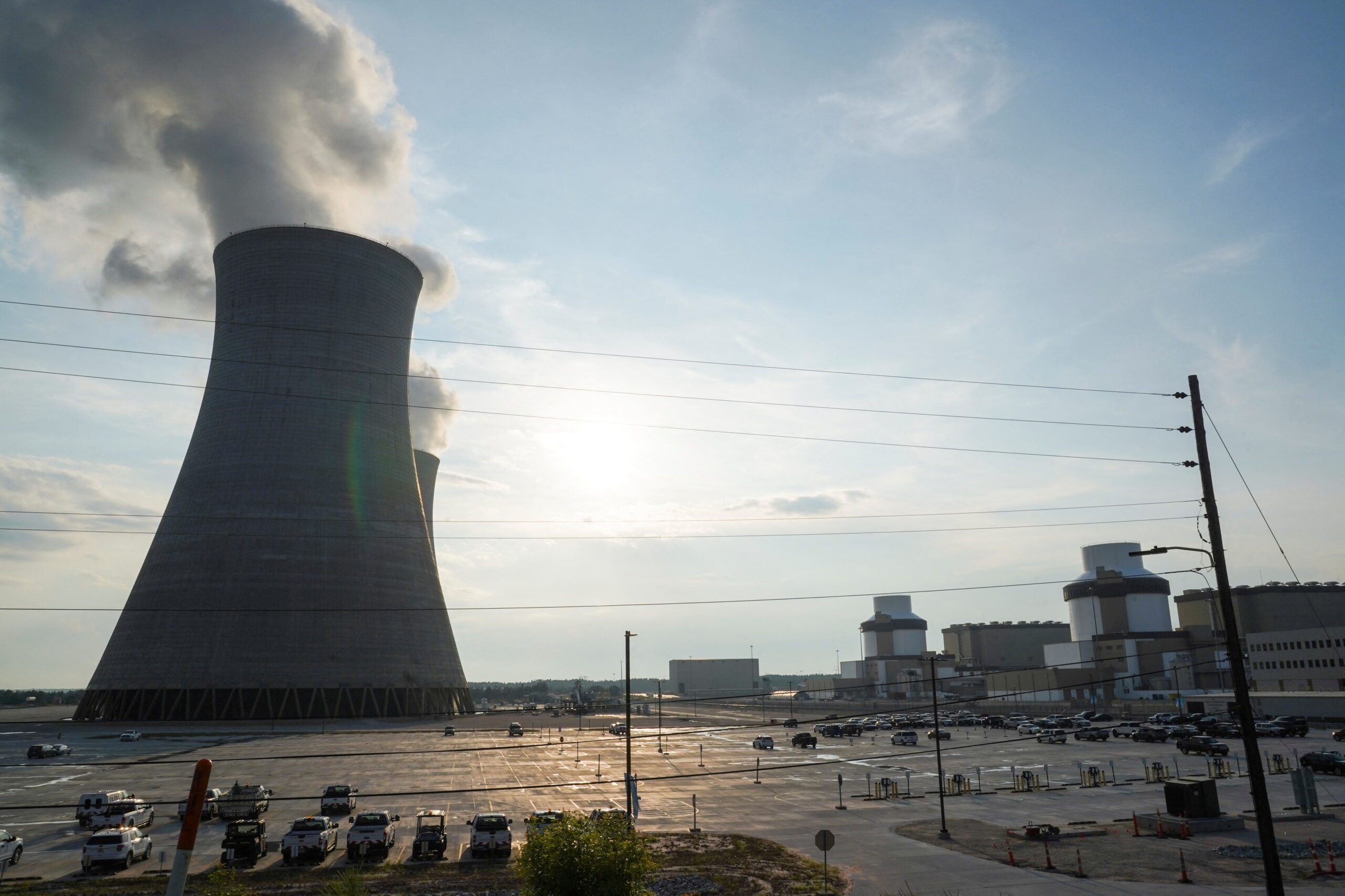

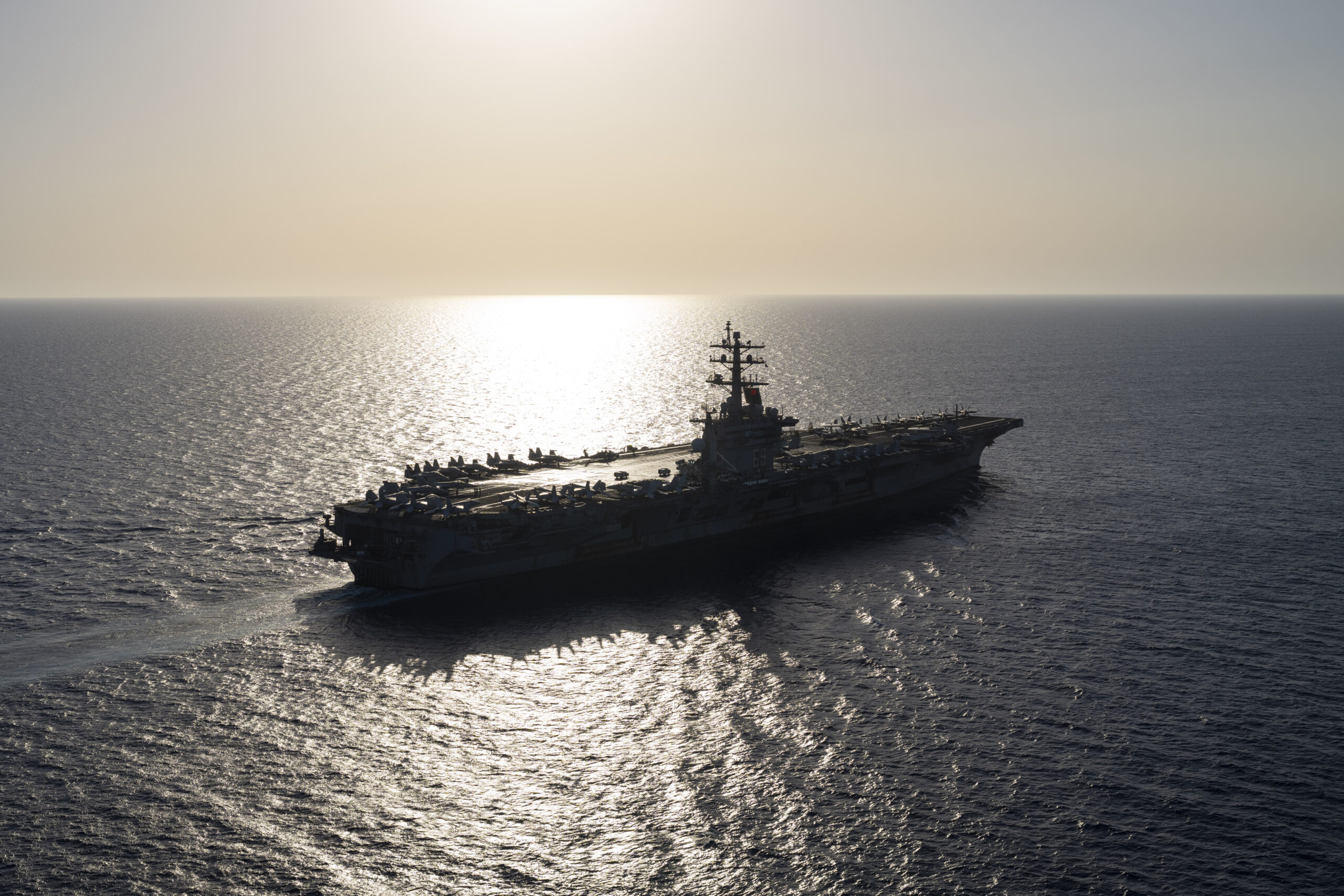

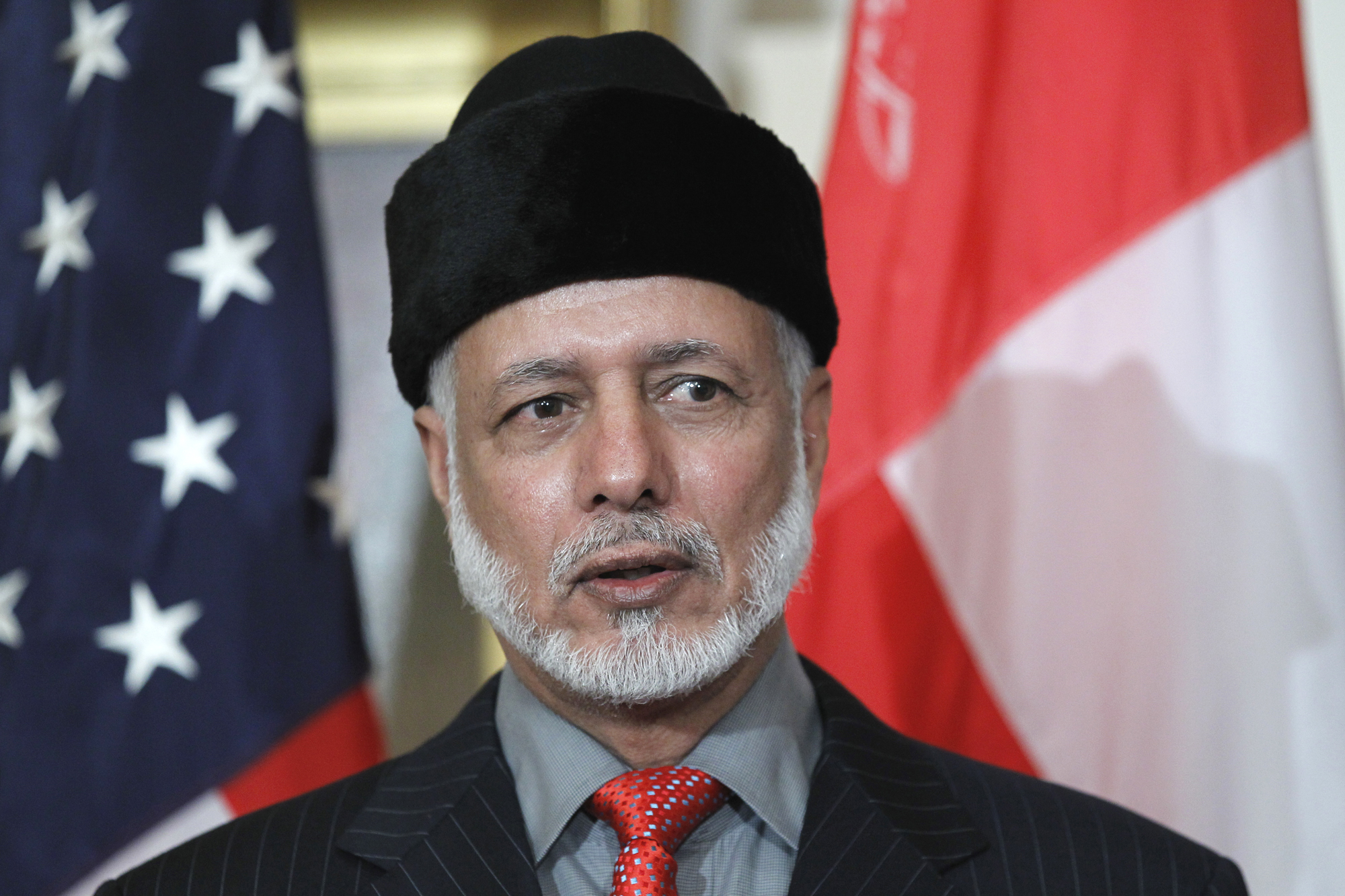
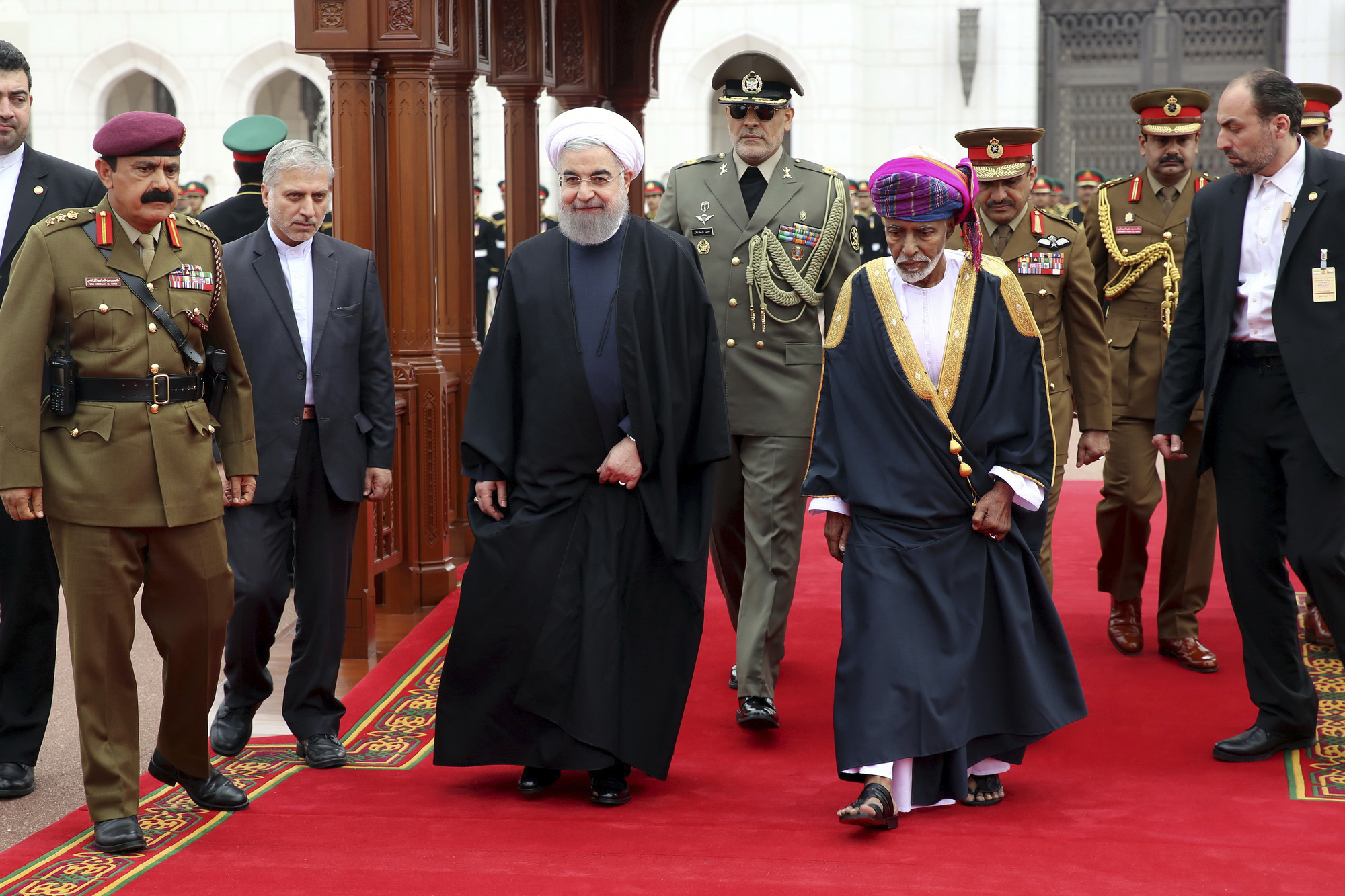
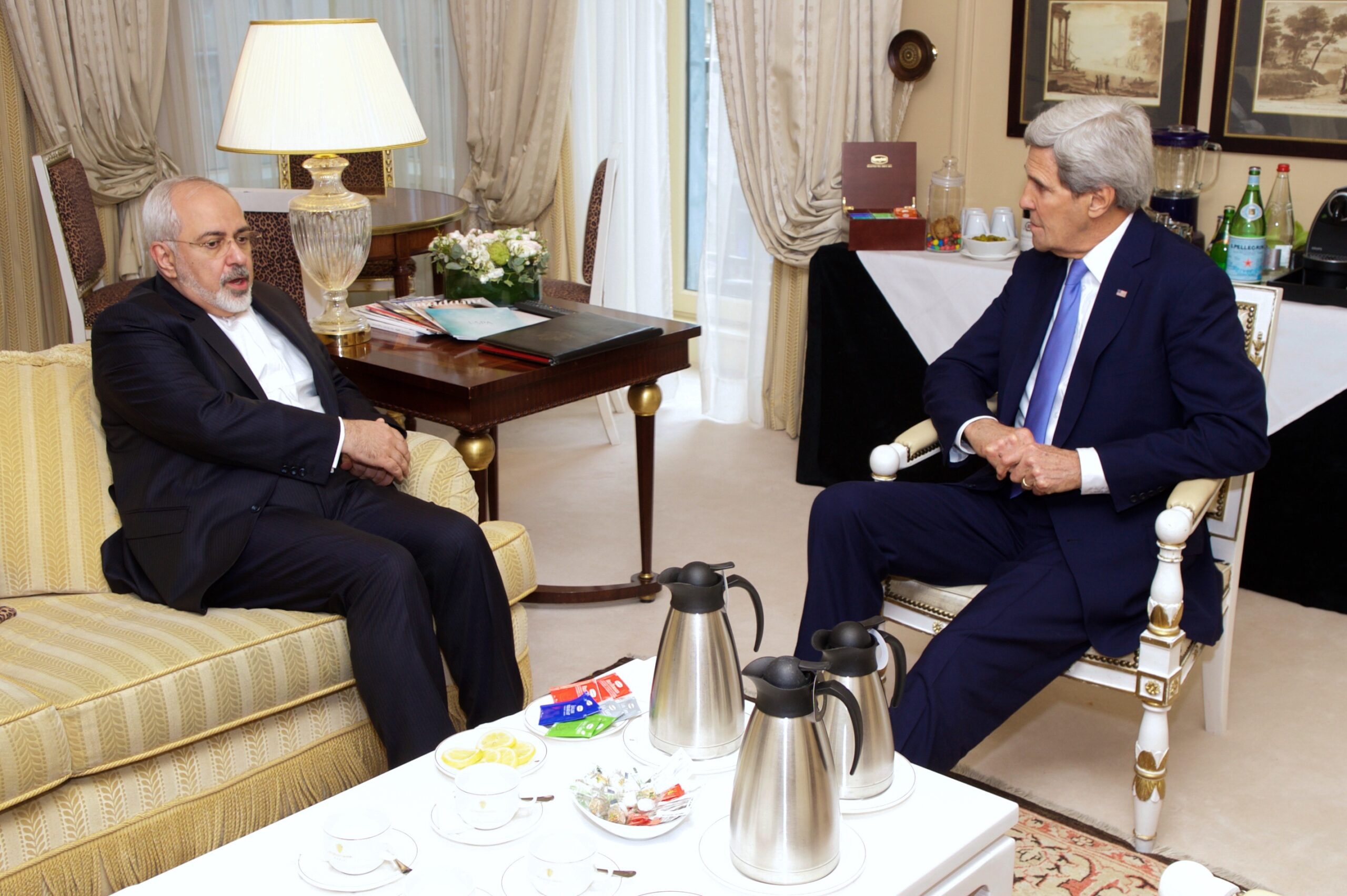

May 3, 2016
Is al-Qaeda Rebranding Itself to Steal the Spotlight from ISIS?
Five years after al-Qaeda leader Osama Bin Laden was killed by US Special Forces, the terrorist group seems to be temporarily shifting its tactics away from primarily focusing on large scale attacks. Instead, the group is now encouraging militants to carry out lone wolf attacks against American business leaders as part of an orchestrated effort...
5 min read